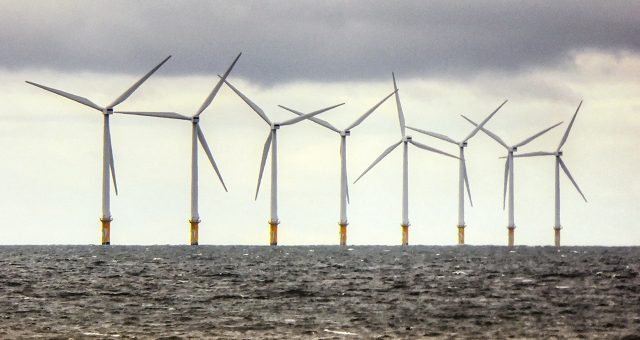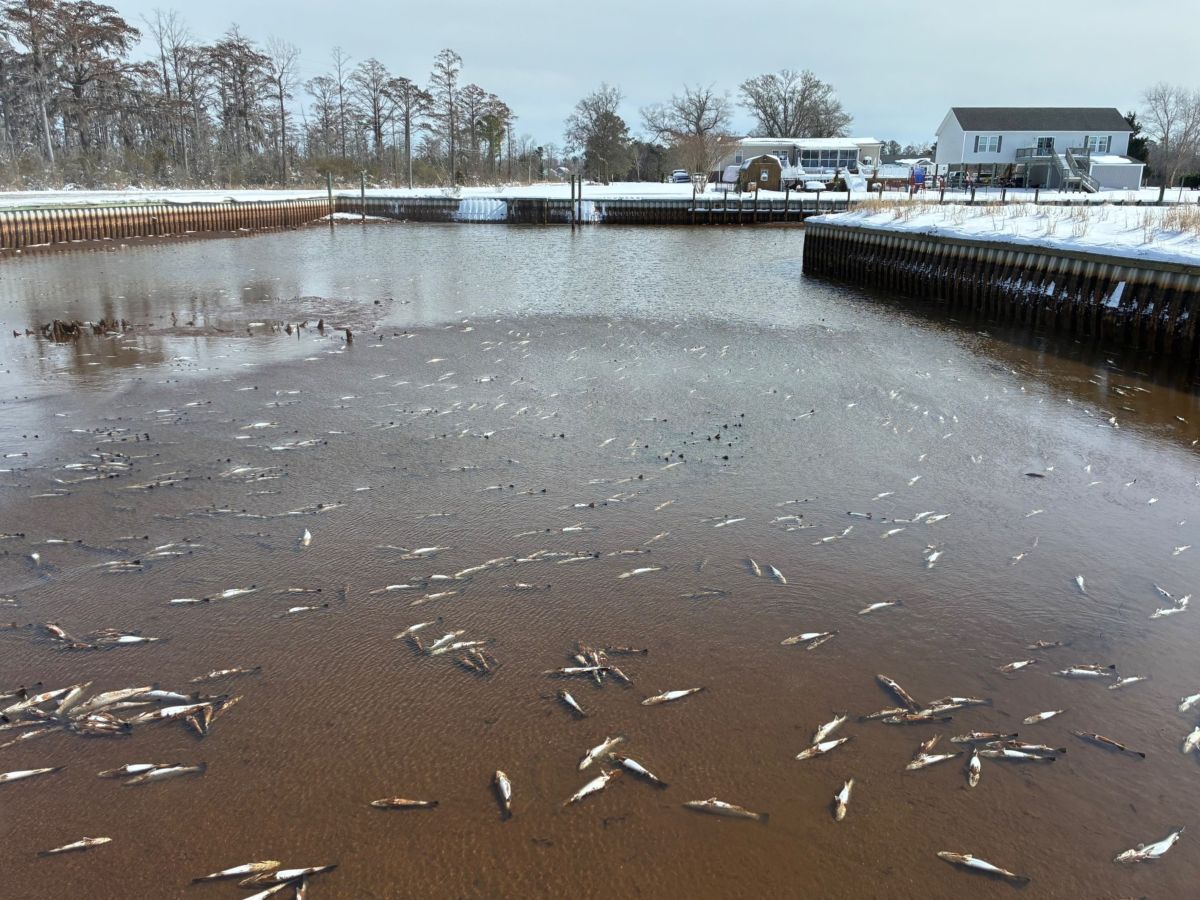
If you’re not following the latest legislative debates in Raleigh, you should – the private property rights of landowners and much-needed economic development opportunities for rural communities are at stake. Legislation was recently introduced in the N.C. General Assembly, Senate Bill 377, which seeks to ban “construction, operation or expansion of wind energy facilities” in 29 counties spanning across all of eastern North Carolina, no questions asked.
The bill sponsors say that they’re trying to protect our military with this total ban of future wind energy projects; however, they’re ignoring an existing review process by military officials that ensures all wind projects do not pose any threat to nearby military operations or training. Period.
Supporter Spotlight
This is not an “either/or” choice that our legislators – or North Carolinians – have to make. We can have both, and most importantly, our rural communities across eastern North Carolina can benefit from the economic investments and opportunities of both the military and wind energy industries.
Despite the fact that wind power is relatively “new” to the Tar Heel State, with the Amazon Wind Farm’s 104 turbines generating power near Elizabeth City since early 2017, there are currently more than 56,800 wind turbines located in 41 states. Wind power has more than tripled over the last decade and it now makes up the largest source of renewable energy in our nation. And, many of the states with the largest number of wind farms are also states with very large military bases and operations – i.e. Texas (144 wind projects), Colorado (26) and California (107).
The latest attack on wind energy via Senate Bill 377 falls short of protecting North Carolina’s military bases. In fact, if passed, it would hurt our state’s economy, keep our citizens from accessing good-paying jobs, and limit the options for powering our homes and businesses with clean, renewable energy.
North Carolina’s military bases are already protected from potential impacts of wind farms through an extensive vetting process established by the U.S. Department of Defense (DoD) in 2011 and strengthened recently by the U.S. Congress and signed into law by President Trump. This process, called the Siting Clearinghouse, prevents construction of any proposed wind project that poses significant adverse impacts to military training or operations. DoD, in conjunction with all affected bases, reviews every project proposal and, if risks cannot be mitigated, the project is not approved. Military officials themselves govern this process. They know their needs, have sophisticated modeling capabilities, and I trust that their experts are capable of doing their jobs.
In some cases, their fear campaign forced developers to abandon potential wind projects in northeastern North Carolina, keeping our most rural and economically-challenged counties from enjoying the tax benefits wind farms bring, and denying landowners their private property rights.
The Amazon Wind Farm U.S. East is currently North Carolina’s only wind farm. It went through the Siting Clearinghouse process before it was built, and in its two years of operation it has never posed a threat to the training and mission of local military bases. The wind farm has provided only positive value for Perquimans and Pasquotank counties, to the tune of 500 construction jobs, 17 permanent jobs with an average salary of $80,000, and more than $18 million invested in local businesses. The project is the largest taxpayer in both counties. And, one of my favorite stories to share – there are 60 different landowners receiving lease payments for hosting wind turbines on their property, which are often a lifeline for farmers who otherwise are at the mercy of unpredictable weather and commodity pricing variants.
Supporter Spotlight
North Carolina has already suffered economic losses due to an unnecessary 18-month moratorium on wind projects, which expired in December. Prospective wind project developers and landowners watched from the sidelines as wind opponents weaved their story, raising an unfounded fear of impacts to national security. In some cases, their fear campaign forced developers to abandon potential wind projects in northeastern North Carolina, keeping our most rural and economically-challenged counties from enjoying the tax benefits wind farms bring, and denying landowners their private property rights.
It’s too late to do anything about the opportunities that have already been lost, but we can do something about the current and future opportunities on our doorstep. We can urge our legislators to vote against this legislation, Senate Bill 377, sending a message to landowners and wind project developers that North Carolina is open for business. There is far more opportunity to protect North Carolina by voting against this bill than voting for it. We can recruit these new and much-needed economic opportunities to our rural eastern North Carolina communities, all while knowing our state’s military bases already have the protections and assurance that wind energy will not impede their valuable work.
To stimulate discussion and debate, Coastal Review Online welcomes differing viewpoints on topical coastal issues. See our guidelines for submitting guest columns. The opinions expressed by the authors are not necessarily those of Coastal Review Online or the North Carolina Coastal Federation.








